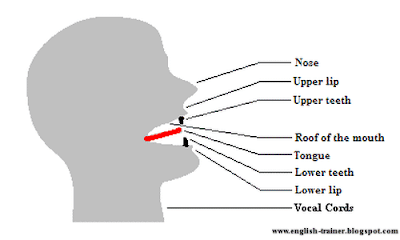When it comes to writing, particularly in the English language, there is a lot of confusing grammar and classical problems are often punctuation. Writing is something everyone uses every day; you are a professional in the world, in the workplace, a collegian atmosphere, or simply writing lists or notes. That is why grammar is important to make an epic point forward and express idea concisely, that others can understand the meaning and purpose in writing. Here are five tips to keep proper grammar and punctuation error.
1. Commas
This form of punctuation is perhaps the most important of all a paragraph or sentence. In fact, misuse of commas is one of the most common problems in sentence and paragraph writing. It is so important that it has a number on my list of stuff. First of all, it is important not to overdo spots. This is a common mistake that even the most experienced writer can do. Sometimes you can get caught up in this part of punctuation marks that neglect the other, such as time, exclamation mark, semicolon, colon, or even a question mark. All these elements have to be your friend, if you want to write effectively. In addition, it is important not to use too few spots. This is another common headache comma. Often people forget completely spots or have no idea how to use them properly, so they do not even try to use them at all. It must be a mistake. Failure commas in your writing are a sign of an amateur writer. This does not, of course, not as you want to meet your writing. It is also a sign that you do not have a clue how to use commas correctly, and then you've just given a piece of punctuation. The key here is that the spots are essential because they are a sign of the reader to take a deep breath. Without it, the player plays to drive a phrase that could compromise the clarity of his own composition.

2. Beware of Small Words
This means that too many adjectives less than "very" or "really". These are filler words known in principle, and should never be used in professional writing. It makes you look longer want to or not intelligence. Use descriptive adjectives that are tailored to the senses.
3. Avoid the Passive Voice
Passive voice in writing is the use of verbs that do not take responsibility. Eliminate your writing, and try to use only the active voice. This shows that you are self-confident and ownership of what you say. Hiding behind the passive is cowardly to do and makes your writing dull.
4. Keep It Right
Make sure you have a solid understanding of the meaning and use of gay phones: they, their, and there. If you overdo one of these words, and you've lost all credibility as your reader is concerned. Think about it, if somebody does not still know how to apply these regular words, how you can trust them to be correct everything they write. Keep them, their, and is instantly and you explain that you are educated and well well-versed.

5. Always clarify
This is just the tip of the most basic of all. When it comes down to guess if the reader knows exactly what you're shooting, always assume that the reader does not know anything about the subject, in which you write. Do everything as clear as possible to avoid misunderstandings. This technique also keep the reader hooked on what you write.




